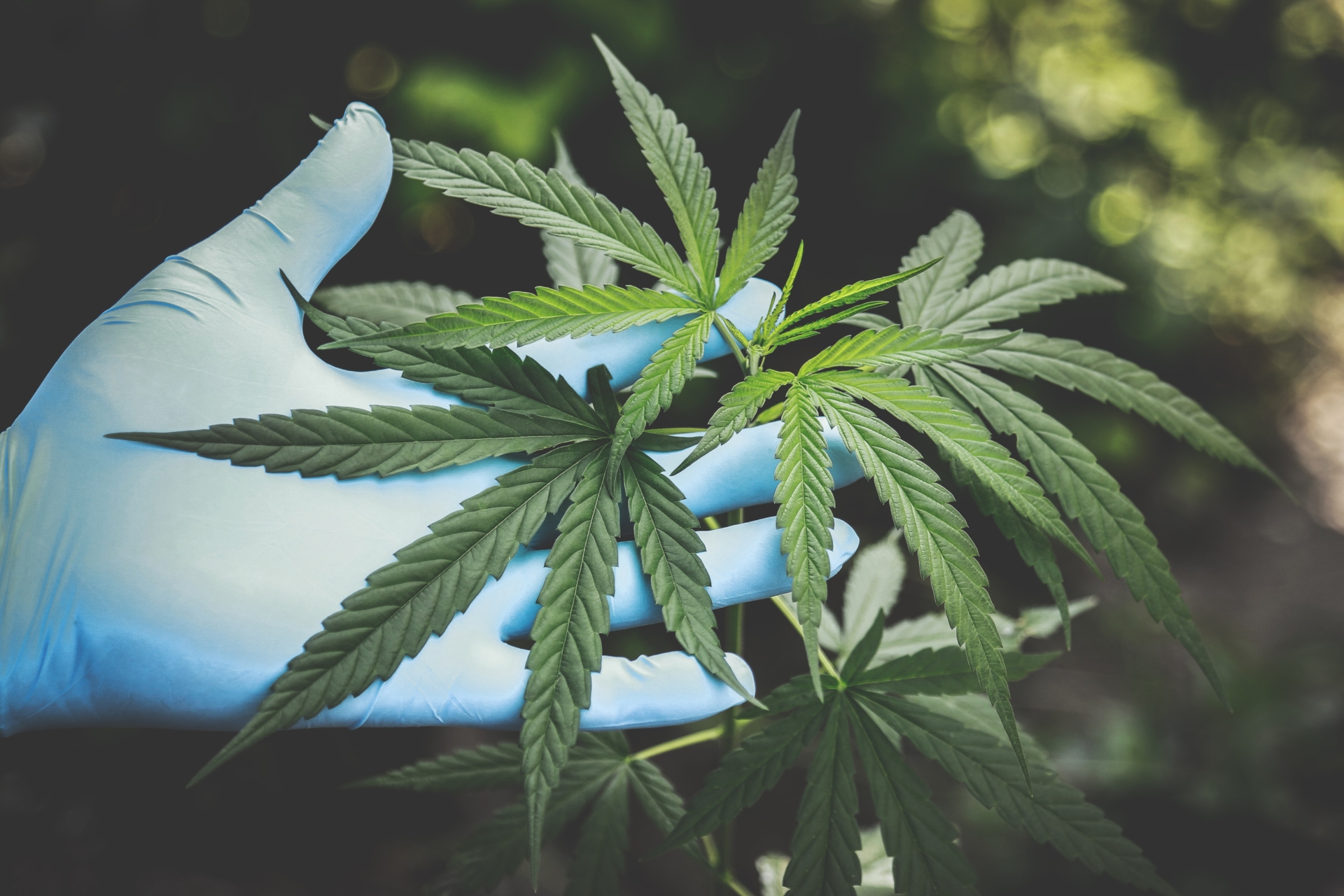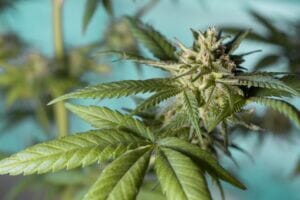The popularity of CBD has grown recently, finding its way into almost every product. As more Arizona residents become interested in the benefits of these products, they must navigate the complex and confusing legal landscape. While CBD is available in the jurisdiction, its legality isn’t straightforward.
Federal and state laws determine the legality of CBD in Arizona. Both sets have unique sets of regulations and nuances. For instance, while the Farm Bill legalized hemp-derived CBD federally, Arizona has made additions and restrictions. Here are a few things you should know about the legal aspects of CBD in Arizona.
Federal vs. State Laws
The legality of marijuana relies on federal and state laws, which makes it difficult for consumers and businesses to navigate. The basis of federal CBD legality is the Farm Bill of 2018. This landmark legislation began the change in the government’s hard stance on hemp.
Before the bill passed, hemp was a controlled substance, making it illegal for U.S. citizens to grow and sell hemp products and their derivatives. By removing hemp from the list of controlled substances, the bill legalized its cultivation and sale. However, the legalization came with strict conditions. For instance, legal CBD should have less than 0.3% THC.
The federal bill also established guidelines that states use to develop their hemp cultivation programs, which are still subject to approvals by the U.S. Department of Agriculture. The USDA ensures that hemp is grown in ways that meet federal standards. Nonetheless, individual states have significant regulatory power, so it is very common for states to have differing legislation.
For instance, products should be tested in state-approved labs to meet safety and quality standards in Arizona. Others have banned some types of CBD products, like edibles, and imposed age restrictions. Arizona follows both federal and state regulations.
In Arizona, legal hemp-derived products should have less than 0.3% THC. However, marijuana-derived products are only legal for use under the state’s special program. This differentiates hemp-derived and marijuana-derived CBD. The dual-layered legal frameworks between federal and state laws significantly affect CBD consumers.
The Legal Status of CBD in Arizona
The use of CBD in the states is shaped by federal and state regulations. Knowing these laws is important for users to remain compliant.
Hemp vs. Marijuana-Based Products
The legal situation in this state primarily depends on whether it is marijuana or hemp-derived. Following the federal Farm Bill, Arizona legalized the use of hemp-derived CBD with less than 0.3% THC. This threshold is important as it differentiates legal hemp from marijuana-derived products. Marijuana-derived products have strict controls.
Hemp-derived products are consumed legally throughout the state. Residents don’t need a prescription or medical card for this. These products are available in different formulations, including oils and edibles. The only key requirement is these products shouldn’t exceed the 0.3% THC limit.
Medical Marijuana
Arizona has an established program that guides marijuana use. Under the program, patients with qualifying conditions can obtain permits or cards. This allows them to purchase medical marijuana legally only from licensed dispensaries. Eligible patients can also access products with higher THC concentrations.
Knowing the difference between various CBD formulations is important for residents. Those in need of medical marijuana should have a card. Fortunately, Leafy Doc offers an intuitive platform that connects patients with licensed providers. Patients can use this platform to easily get recommendations with ease.
However, CBD with high THC isn’t legal for recreational use in the state. Registered patients can only use these patients. Acquiring these products without a medical card can lead to legal consequences.
Labeling and Quality Control
While hemp-formulated CBD is legal in Arizona, the state doesn’t impose specific labeling and testing requirements for these products. This means consumers should be cautious. This includes finding products with third-party verifications. Reputable brands typically provide certificates that confirm their products meet the legal requirements and are free from contaminants.
The Role of Dispensaries
Dispensaries are important in ensuring legible patients can access quality and regulated CBD products. Arizona dispensaries undergo rigorous state oversight to ensure they are safe and accurately labeled. For instance, all products sold in Arizona dispensaries undergo testing for potency and contaminants.
These regulations provide patients with the much-needed assurance that products are safe and effective. Conversely, over-the-counter, hemp-derived products aren’t subject to similar testing requirements in Arizona. While they are legal, they have varying product qualities. Consumers should only source from reputable brands with third-party testing results.
Legal Risks and Considerations for Consumers
Consumers of CBD products in Arizona should be wary of the varying federal and state laws. While CBD is widely known for its potential benefits, there are crucial legal risks and considerations consumers should know. The primary legal risk arises from the discrepancies between federal and state laws. This means that legal products in Arizona may be illegal or heavily regulated in other states.
For instance, some states have state-specific guidelines for CBD testing and labeling, and some states have banned some forms of CBD, like edibles. This means consumers who purchase products online should be very cautious to avoid violating state-specific laws.
The other significant consideration is the THC content in CBD products. While hemp-derived CBD should be less than 0.3%, trace amounts of this psychoactive compound accumulate over time in the body. This is very risky for individuals who get regularly tested, like athletes. Most drug tests detect THC, including trace amounts. This can result in serious consequences, including job loss and legal issues. Consumers should be wary of these risks and consider isolates or broad-spectrum CBD, which are free of THC.
Endnote
Understanding the legal situation of CBD in Arizona requires an extensive understanding of state and federal laws. While hemp products are legal in Arizona, consumers should choose products cautiously. They should only go for products that meet legal standards. The key to ensuring this is staying informed and choosing reputable brands.




